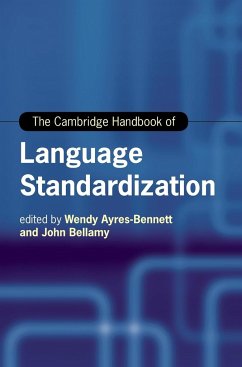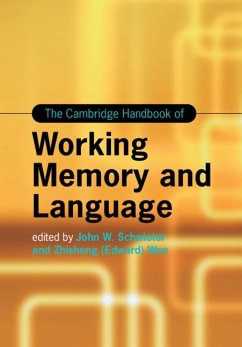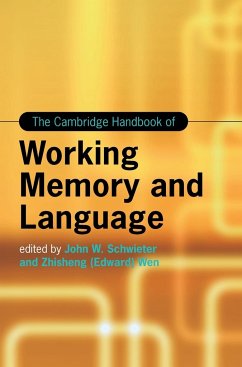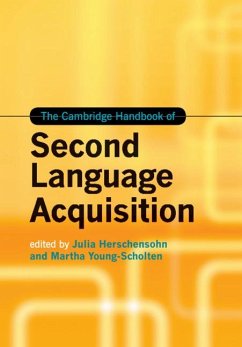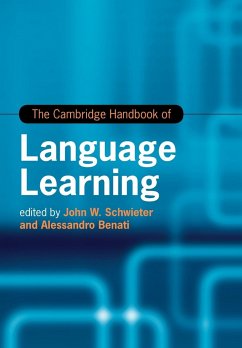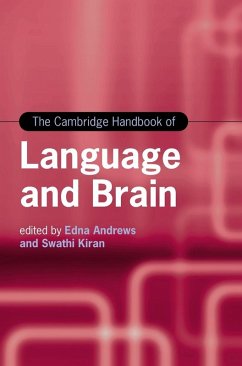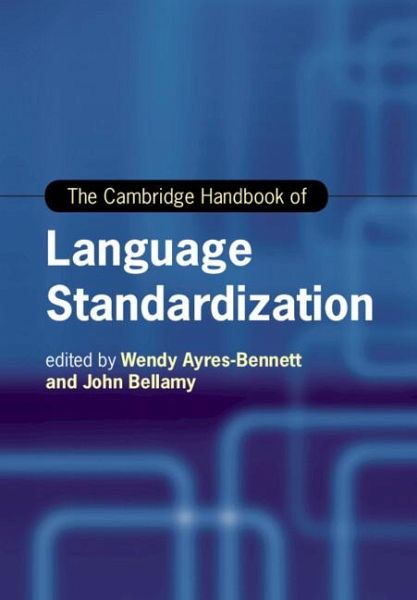
The Cambridge Handbook of Language Standardization
Versandkostenfrei!
Versandfertig in 1-2 Wochen
44,99 €
inkl. MwSt.

PAYBACK Punkte
22 °P sammeln!
Surveying a wide range of languages and approaches, this Handbook is an essential resource for all those interested in language standards and standard languages. It not only explores the standardization of national European languages, it also offers fresh insights on the standardization of minoritized, indigenous and stateless languages.





